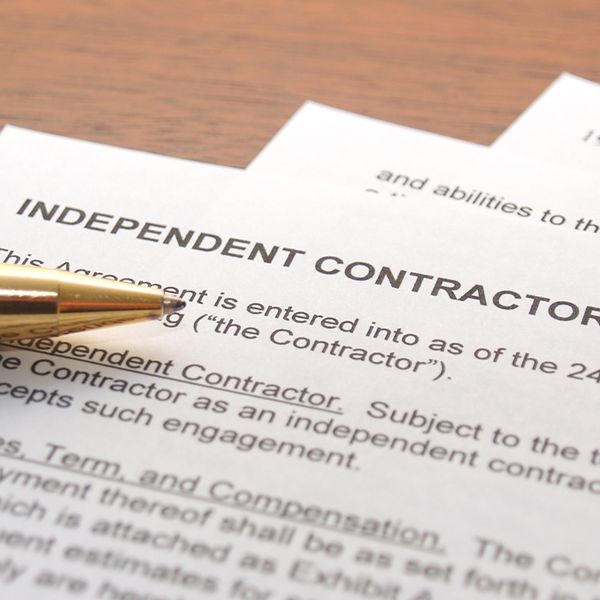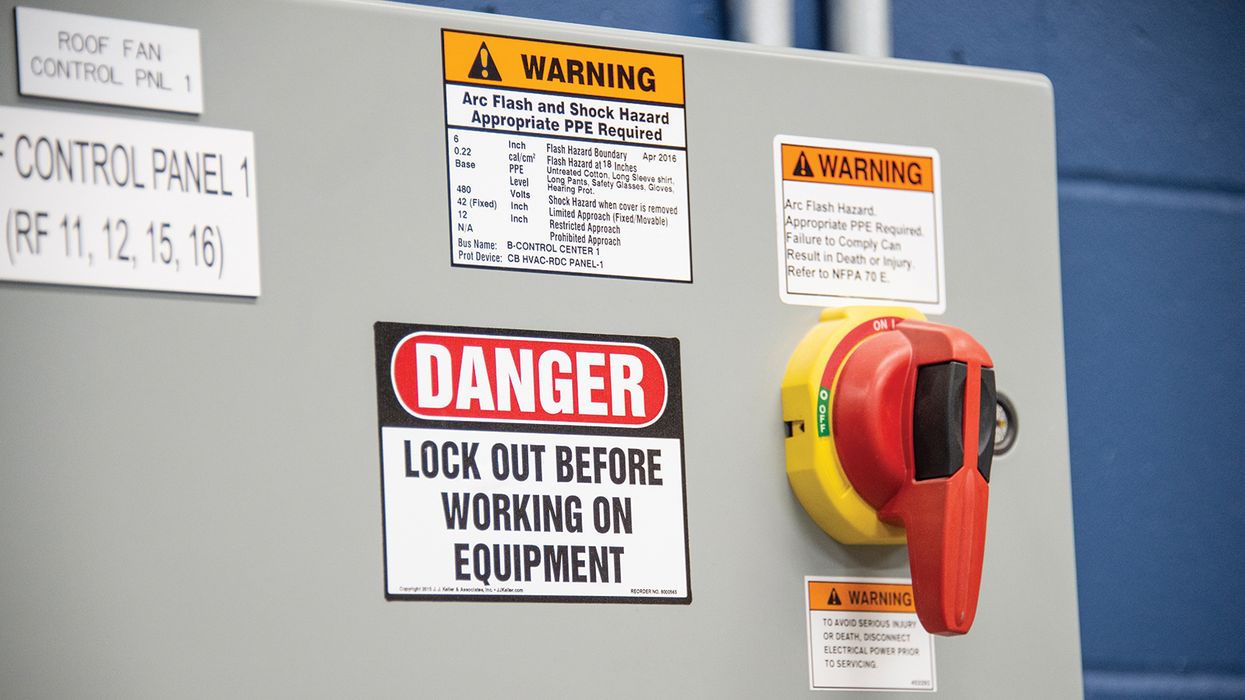Do you depend on independent contractors? Hiring considerations in 2025
Celebrating the New Year often means parties, countdowns, and resolutions. If you’re in HR — especially if you’re responsible for hiring — you don’t want to drop the ball on employment classification. Resolve to brush up on the rules that impact your business.
Federal law
Companies that struggle to fill open positions without adding to headcount often hire independent contractors to fill those gaps.
About one year ago (January 9, 2024), the U.S. Department of Labor (DOL) released the final rule about how employers are to classify workers as employees or independent contractors. The rule took effect on March 11, 2024, and rescinded the 2021 independent contractor rule, replacing it with a broader analysis for determining employee or independent contractor status.
With an administration change looming, employers should be prepared to make business adjustments based on the independent contractor law. It’s unknown whether the new administration will make changes. If they do, however, it’ll likely be a narrower employee definition, meaning that more workers could be classified as independent contractors and not employees.
That doesn’t mean employers can get off scot-free from compliance responsibilities. Misclassifying employees as independent contractors may deny workers minimum wage, overtime pay, and other protections.
The U.S. DOL, for example, recently obtained consent judgment ordering two health care staffing companies to pay more than $2.4 million in back wages, liquidated damages to 341 employees as part of a misclassification case.
“Misclassification of employees as independent contractors remains a serious concern for the Department of Labor,” said Wage and Hour Administrator Jessica Looman in a press release.
State laws
In addition to federal independent contractor law, employers must comply with state laws relevant to their businesses. California, for instance, has some of the most employee-friendly laws in the country.
California’s “ABC” test (under the AB 5 law) is a prime example of tough state misclassification laws. AB 5 makes it harder for employers to claim that workers are independent contractors. Under AB 5, a worker is assumed to be an employee and not an independent contractor unless:
A. The person is free from the control and direction of the hiring entity in connection with the performance of the work,
B. The person performs work that is outside the usual course of the hiring entity’s business, and
C. The person is customarily engaged in an independently established trade, occupation, or business.
These three prongs together are referred to as the “ABC” test.
Just this past September, California Gov. Gavin Newsom signed the Freelance Worker Protection Act (FWPA) into law. The FWPA — known as Senate Bill (SB) No. 988 — provides minimum requirements for agreements between freelance workers and hiring parties, effective January 1, 2025.
Here are some of the provisions of the law:
- Contracts for freelance work of $250 or more must be in writing and provide certain specific information about services to be provided and dates for contract completion, among other things.
- Payment for freelance work must be made on time or within 30 days after the completion of the work if no due date is specified in the contract. The FWPA prohibits discrimination or adverse action against freelance workers for protesting violations of the FWPA or seeking to enforce it.
Key to remember: Before the ball drops ushering in 2025, HR professionals should brush up on independent contractor laws that affect their companies in the hiring process.























































